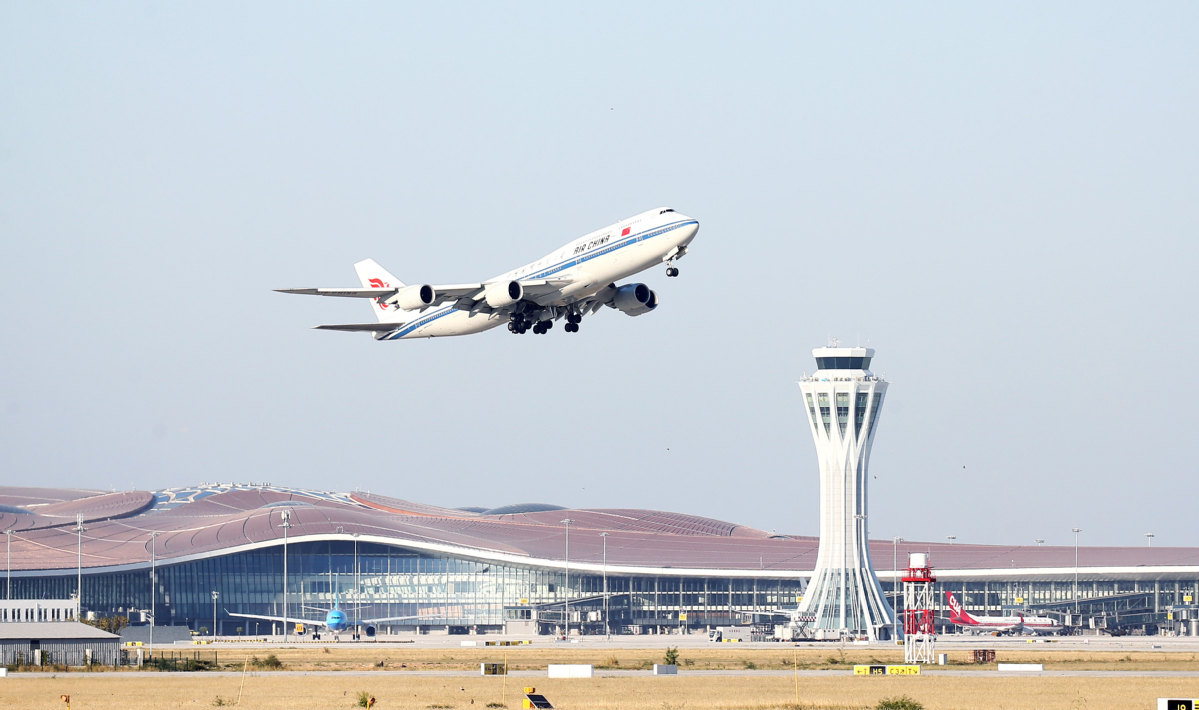Airport demonstration zones to help foreigners payment experience in China


China has launched demonstration zones of payment services for international visitors at two Beijing airports, highlighting the country's ongoing efforts to improve foreigners' payment experiences as part of its opening-up agenda.
The demonstration zones, which debuted in the Beijing Capital International Airport and the Beijing Daxing International Airport on Monday, provide diversified and enhanced payment services for foreign visitors to ensure they can transact with ease.
Payment service centers were established at the two airports, next to the exits of international arrival halls, to offer foreign arrivals integrated payment and currency exchange services, introduce them to various payment options in China, and assist them in setting up mobile payment applications.
In scenarios like shopping, dining, and transportation, the two airports accept foreign arrivals' payment via foreign bank cards, QR codes, cash and e-CNY, with retail outlets at the airports displaying uniform signs to clearly indicate the payment methods they accept.
For instance, Tuye Arrivals, a store selling traditional Beijing handicrafts at the Beijing Capital International Airport, displays a sign at the cashier desk showing that the store supports Visa, Mastercard, American Express and other major international credit cards, as well as Renminbi cash, e-CNY, UnionPay, Alipay and WeChat Pay.
With the two airports providing a model for foreign visitor payment services, authorities are striving to extend such services into other areas, after the tone-setting Central Economic Work Conference, held in December, stressed the need to remove relevant barriers to make it easy for foreigners to do business, study and travel in China.
"We aim to substantively improve payment services for foreigners further in the next three to six months, facilitating their work, live and travel in China," said Zhang Qingsong, deputy governor of the People's Bank of China, the country's central bank.
Some foreign visitors face payment difficulties in China as they rely on bank cards or cash in payment whereas mobile payment prevails in China, Zhang said, adding that the PBOC is addressing this problem by facilitating foreign visitors' bank card payment in big-amount transactions, promoting their mobile payment via QR codes in small-amount transactions and guaranteeing cash payment as the last resort.
While the two airports have largely realized the full coverage of overseas bank card acceptance, the central bank will work to expand such services to crucial foreign-related areas in Beijing. In Zhejiang province, 85 percent of key stores have been upgraded to accept foreign bank cards.
The transaction volume of mobile payment by foreign visitors across China surged in the fourth quarter of 2023, with the number of transactions reaching 35 million and the total value hitting 5 billion yuan ($695 million), the central bank said.







